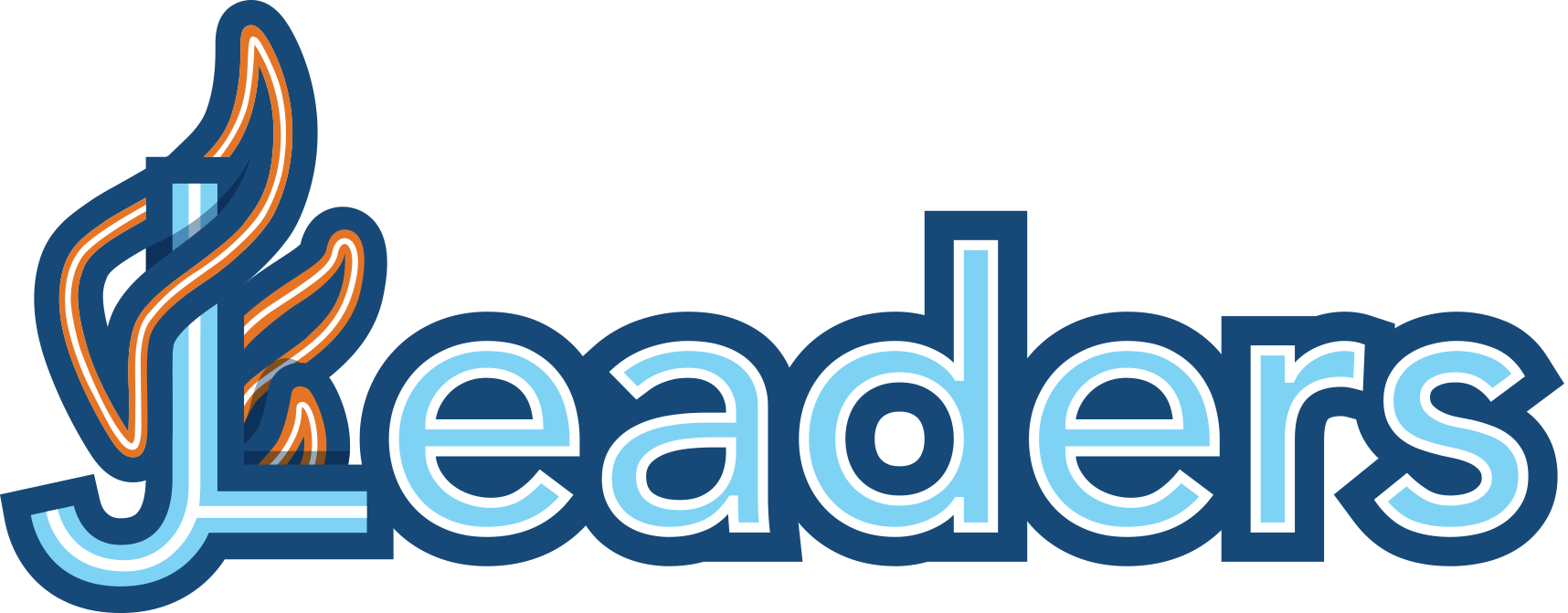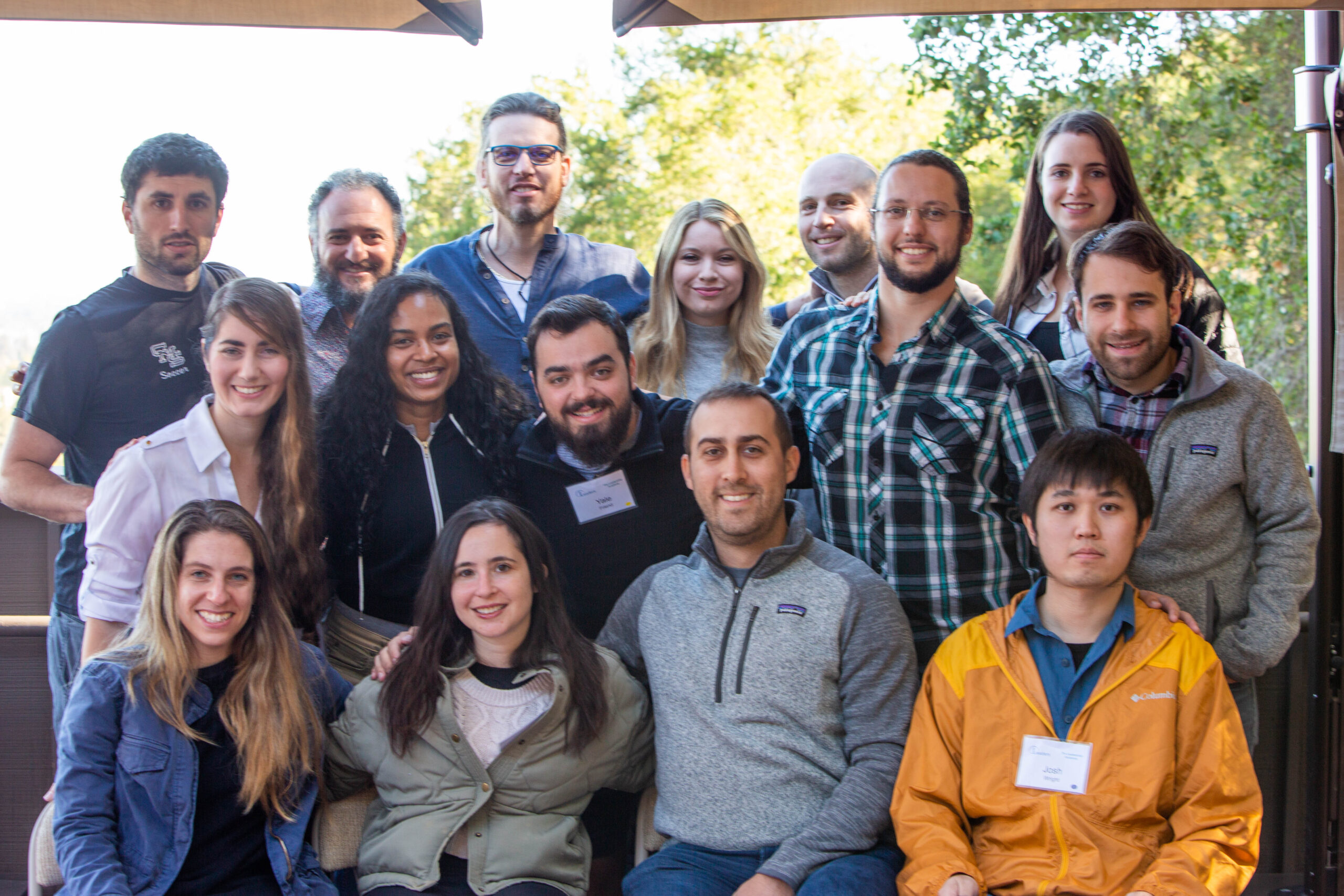Finding Life-Balance in the Modern World by Embracing Tikkun Olam – Part 1
By Gita Kaminer, ’23-’24 J Leaders Academy Fellow
In our fast-paced world where work and personal boundaries blur, achieving life balance, managing time effectively, and reducing stress are universal goals. This struggle is not just about personal well-being but also reflects a deeper desire for a life filled with purpose, meaning, and belonging. I believe that the principles of ‘Tikkun Olam’, a central concept of our Jewish tradition, offer a path to this harmony.
The ethos of ‘Tikkun Olam’—literally ‘healing the world’—suggests that every aspect of our lives, from personal care to professional responsibilities, contributes to the larger purpose of making the world a better place. By integrating this timeless value into the challenges of modern life, we can find meaningful ways to balance our lives, benefiting not only ourselves but also our communities and workplaces.
In this three-part blog series, inspired by a J Leaders Academy workshop featuring guest speakers Adam Dorsay, Psy.D. and Rebecca Geshuri, M.A., LMFT, PMH-C, IFS Certified, we’ll explore how real world applications of the principles of Tikkun Olam can help us balance life and manage stress on individual, team and organizational levels.
This topic feels particularly relevant today, given the global mental health crisis, the heightened anxiety in the Jewish community following October 7th, and our current geopolitical climate.
Let’s begin by looking at how the principles of Tikkun Olam can be applied to self-care.
Part 1 – The Individual: Secure Your Own Oxygen Mask Before Assisting Others
Tikkun Olam begins with our goals of achieving balance in the physical, emotional, and spiritual aspects of our individual lives. Taking care of our health, nurturing relationships, and dedicating time to self-reflection ensures we have the energy and vitality to contribute positively to the world.
- Physical Well-Being: Prioritize health through regular exercise, a balanced diet, and sufficient rest. Recharge your batteries by regularly scheduling time for activities like meditating, playing or reading.
- Emotional and Spiritual-Well Being: Consider a digital detox day, akin to a modern Shabbat, where you disconnect from work emails and social media, allowing time for “active rest” and activities that rejuvenate you, such as exploring creative hobbies and spending quality time with loved ones.
- Charity and Volunteering: Set up a regular donation to a cause you care about or allocate time each week to volunteering, whether mentoring young professionals, teaching skills to underprivileged groups, organizing community cleanup events, or participating in charity runs.
- Time Management & Prioritization: Learn to say ‘no’ when necessary and set clear boundaries in your personal and professional life to avoid overextending yourself. Identifying your most important tasks and values helps you make choices that align with your goals.
- Life-Long Learning: Seek out opportunities for growth and self-improvement. There’s a reason lifelong learning is a mitzvah; it helps you contribute effectively to the betterment of the world and keep the Jewish way of life alive
Ultimately, prioritizing our physical, emotional, and spiritual well-being equips us to make a positive impact on the world. In the next section, we’ll explore how Tikkun Olam principles can be applied to increasing well-being, reducing friction and restoring balance on your team.

